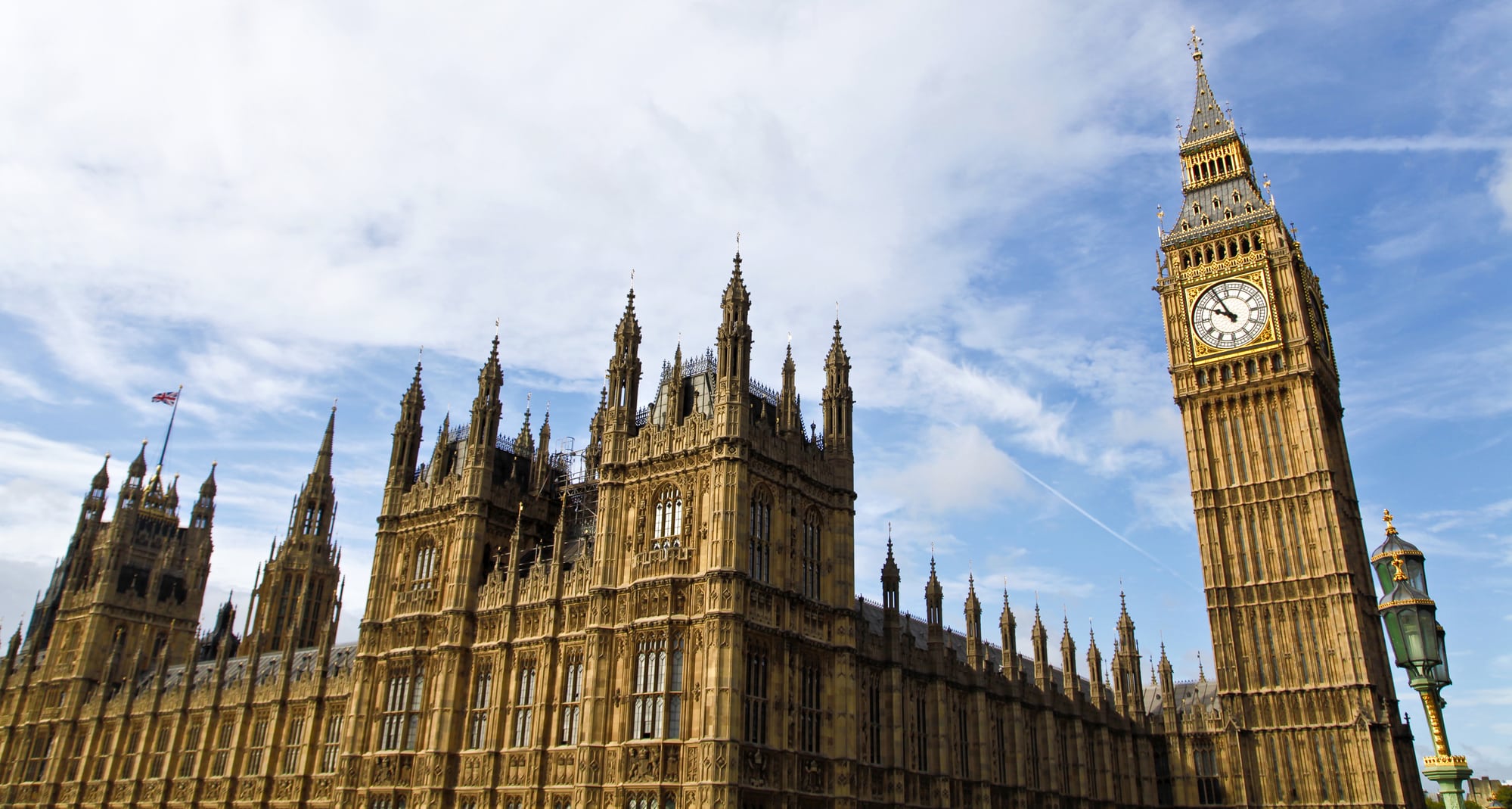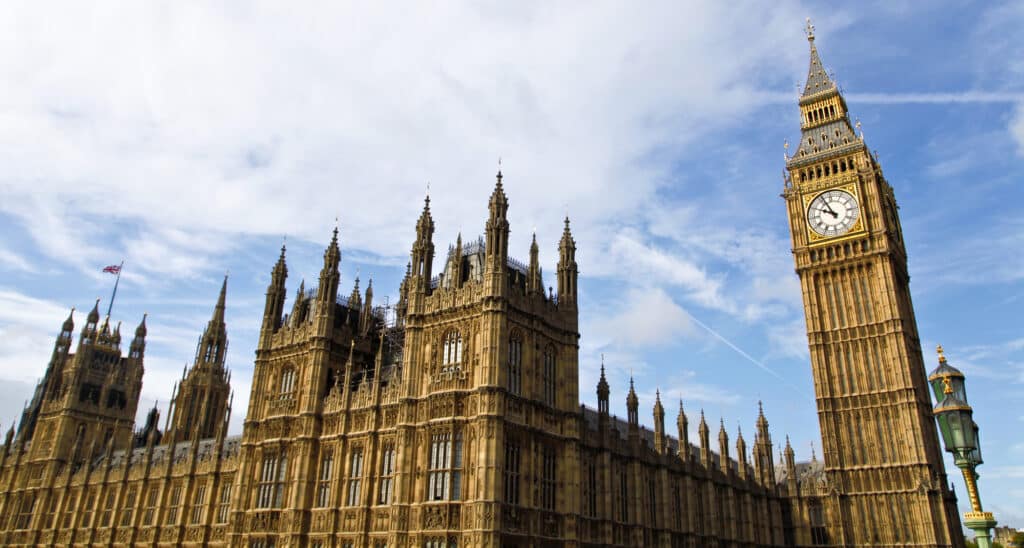Can the pharma industry achieve transparency with self-regulated disclosure?
Business Ethics Debates | read time: 3 min
Published: 3 November 2015

Karen Borrer, Head of Reputation at the Association of the British Pharmaceutical Industry (ABPI), opened GoodCorporation’s autumn Business Ethics Debate with an overview of the disclosure requirements, from June 2016, regarding transfers of value made to healthcare professionals (HCPs) during 2015. This comes in response to worldwide societal expectations of greater transparency across all industries.
Aggregate sums have been recorded since 2012 and £41 million payments were made to HCPs in the UK last year.
The disclosure project is being delivered in the 33 European countries under the self-regulatory codes of the European Federation of Pharmaceutical Industries and Associations (EFPIA). The UK will however be just one of six countries with a central platform hosting the data from member companies. This system should be easier to use and more transparent than the alternative of approximately 120 individual company websites.
A huge stakeholder engagement programme is underway to inform, educate and galvanise support across professional bodies, royal colleges, clinical commissioning groups (CCPs) and NHS trusts. Enhanced disclosure is seen as a great opportunity to explain the beneficial purpose of HCP/pharma relationships and for the healthcare industry as a whole to strive towards the shared goal of improving patient outcomes.
The disclosure project has been particularly well received by nurses, pharmacists and patient organisations. It was however noted that doctors and hospital specialists are significantly less keen on the changes.
The main barriers to transparency include:
o The Data Protection Act that allows HCPs to opt out of named disclosure. The ABPI anticipates a 69% consent rate which, it hopes, will rise over time. Stakeholder engagement efforts combined with public and peer pressure may impact positively on the numbers.
o R&D spend, the majority of which is not included and therefore transparency will not be complete under this initiative.
o European variations and differing approaches from company to company and country to country. Can transparency be so variable? The strong culture of data protection in some European countries, most notably Germany and Austria, was underlined as potentially problematic in the pursuit of transparency.
o Persistent, albeit uncommon, breaches of the ABPI Code and the surrounding media coverage which reinforces deep-rooted and out of date stereotypes. Scandals receive more airtime than the disclosure project and drive to improve public trust.
The debate focused on the effectiveness of self-regulation versus the need for legislation. Some arguments in favour of legislation included:
o Peer and societal pressure may not be sufficient to drive up the consent rate.
o HCPs may want to protect their privacy and may opt out in significant numbers.
o Varying or persistently low success rates across Europe may inevitably lead to legislation in time.
Those in favour of self-regulation were optimistic that behaviour and consent rates would rise over time given public expectation for accountability. It was noted that the General Medical Council (GMC) could play an important role in encouraging doctors to participate in named disclosure. The ABPI is liaising closely with all of the relevant professional bodies to encourage engagement across the healthcare industry.
As consent rates rise, it may become apparent who is missing from the disclosure list; a circumstance which might further encourage HCPs to participate.
By adopting a more direct stance, pharma companies could feasibly create disincentives for, or refuse to deal with, HCPs who opt out of consent. This might be on a company-wide or project by project basis. Such strong measures may however be more easily adopted by larger and therefore more influential pharma companies.
The relationship between HCPs and pharma has always been subject to scrutiny and speculation but this relationship has to endure to support progress and development. Transparency will help boost public trust and limit inappropriate activity which could lead to patient care being adversely affected by other judgements. The level of success of the disclosure project, in the UK and across Europe, may determine whether legislation is required in time.
GoodCorporation’s View
The disclosure project is a welcome development that should drive up standards and lead to more transparency. Where voluntary initiatives work well, they can greatly enhance trust, not least because they demonstrate that private companies care about high standards and want the reputation benefits that come from them. They also avoid unnecessary and costly legislation. We hope that HCPs will embrace the disclosure project as well and that the minority who refuse to disclose, will over time, realise that they also benefit from an open and transparent system.
GoodCorporation will continue to support its pharma clients by assessing and measuring compliance with the pharma Code, including the requirements of the disclosure project. We are also supporting our pharma clients through assessments of “adequate procedures” to prevent bribery and to meet the needs of the UK Bribery Act.
GoodCorporation Business Ethics Debate – House of Lords October 2015
work with us
